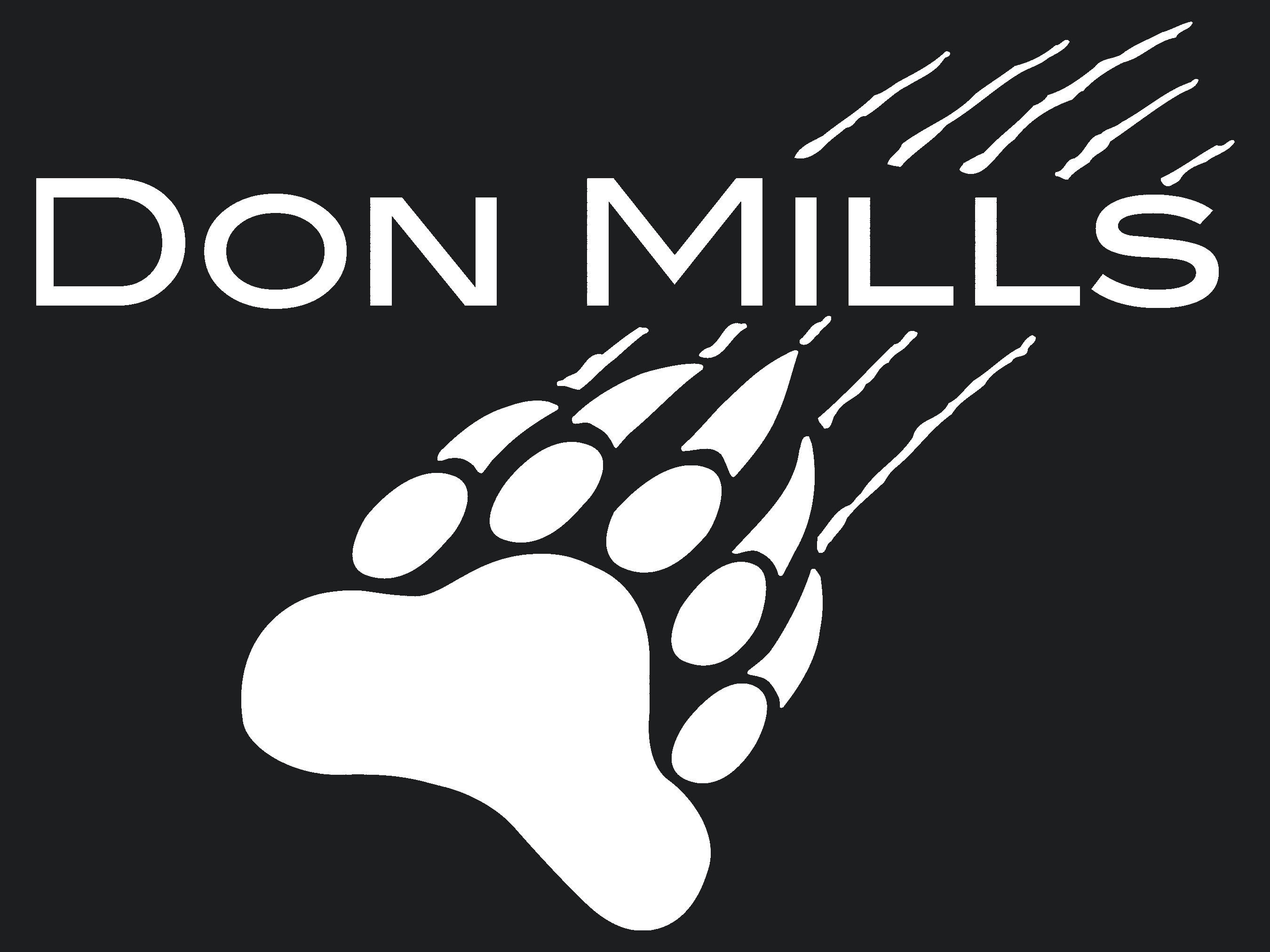Courses
Grade 9 & 10 Sciences
– All secondary students must achieve their grade 9 and 10 Science credits.
Grade 9 Science (SNC1D)
The grade 9 Science course has 4 main units of study: Biology (Sustainable Ecosystems), Chemistry (Atoms, Elements and Compounds), Physics (The Characteristics of Electricity), and Earth and Space Science (The Study of the Universe). Some of the topics students will learn include: the different interactions between the living and non-living components in ecosystems, how human activities are impacting the natural environment, the Bohr-Rutherford model of the atom, understanding the basics of the periodic table, static and current electricity, the structure of our solar system, and the “big bang” theory. Students will have opportunities to carry out investigations and will be involved in “hands-on” learning through activities such as observing chemical reactions, building circuits, using computer simulations to explore the universe and growing plants.
Grade 10 Science (SNC2D)
The grade 10 Science course has 4 main units of study: Biology (Tissues, Organs and Systems of Living Things), Chemistry (Chemical Reactions), Physics (Light and Geometric Optics), and Earth and Space Science (Climate Change). Some of the topics students will learn include: how living things are organized into cells, tissues, organs and systems, cell division, ionic and molecular bonding, types of chemical reactions, the influence of human and natural factors on climate change, the characteristics, properties and behaviours of light. Students will have opportunities to carry out investigations and will be involved in “hands-on” learning opportunities through activities such as dissecting an organism, testing acids and bases, observing the behaviour of light with mirrors and lenses, creating and observing chemical reactions.
Science Grade 9-10
Physics Courses @ DMCI
Grade 11 University Physics (SPH3U)
This course develops students’ understanding of the basic concepts of physics. Course topics include: kinematics, including linear and projectile motion; forces and Newton’s Laws; energy transformations and a discussion of the social and environmental impacts of different forms of energy production; mechanical waves and sound; and electricity and magnetism. Students will have the opportunity to enhance their learning and engage in inquiry-based activities including: analyzing motion graphs with the use of motion sensors, force probes to investigate friction, photogate timers to measure speed and investigate energy transformations, microphones to explore the properties of sound, and various tools including circuit boards and circuit-building software to explore electrical circuits.
Grade 12 University Physics (SPH4U)
This course enables students to deepen their understanding of physics concepts and theories. Students will continue to analyze forces that affect motion in one and two-dimensions, including projectile motion and circular motion. Students will continue with concepts related to work and energy, and explore simple harmonic motion, impulse, linear momentum and the Law of Conservation of Momentum. Students will explore the nature of, and the similarities between, electrical, gravitational and magnetic fields. Students will also explore the wave nature of light and the development of Special Relativity and Quantum Mechanics. Students will have the opportunity to enhance their learning and engage in inquiry-based activities. A motion sensor will be used to analyze: the dynamics of a two-body system, the periodic motion of a simple harmonic oscillator, and the transfer of momentum in a two-body collision. Data and resources from the NASA website will be used to explore satellites, orbits and NASA missions. Various online simulations will be used to explore electrical fields and magnetic fields. Laser light sources will be used to investigate the interference and diffraction of light, and estimation of the width of human hair.
Chemistry Courses @ DMCI
–
Grade 11 University Chemistry (SCH3U)
This course covers five units: Matter, Chemical Trends, and Chemical Bonding (the periodic table, compounds and bonding), Chemical Reactions (identifying reactions and predicting products), Quantities in Chemical Reactions (the mole and its significance to chemistry), Solutions and Solubility (why and how substances dissolve and their reactions), and Gases and Atmospheric Chemistry (how gases behave and their relationships). Students will learn the theory behind these topics and have many opportunities to carry out investigations and activities. Hands-on lab opportunities include exploring periodic trends, chemical reactions, mole concepts and titrations.
Grade 12 University Chemistry (SCH4U)
This course covers five units: Organic Chemistry (structures and names of organic compounds and their reactions), Structure and Properties of Matter (the Quantum Mechanical Model of the Atom, molecular shape and bonding), Energy Changes and Rates of Reaction (thermochemistry and chemical kinetics), Chemical Systems and Equilibrium (Le Chatelier’s Principle and exploring reversible reactions) and Electrochemistry (oxidation-reduction reactions and electrochemical cells). Students will learn the theory behind these topics and have many opportunities to carry out investigations and activities. Hands-on lab opportunities include exploring Le Chatelier’s Principle, organic reactions, intermolecular forces and calorimetry.
Chemistry Curriculum 11-12Environmental Science @DMCI
Grade 11 Environmental Science (SVN3M)
This course provides students with the fundamental knowledge of and skills relating to environmental science that will help them succeed in life after secondary school. Students explore a range of topics, including the role of science in addressing contemporary environmental challenges; the impact of the environment on human health; sustainable agriculture and forestry; the reduction and management of waste; and the conservation of energy. Students increase their scientific and environmental literacy and examine the interrelationships between science, the environment, and society in a variety of areas.
– Introduction to Computer Science, Grade 10 (Open)Students in this computer class will learn how to program ‘apps’ and games using Python, a programming language that is promoted by NASA, Google and the University of Toronto. They learn the basic concepts of programming through the analysis of their favourite programs and they will be challenged to see the code behind the computer programs they use every day. Students will also have the opportunity to design, plan, debug and fully develop an application for their final project.
Biology Courses @ DMCI
–Grade 11 College Biology (SBI3C)
This course covers five units; Cellular Biology (cellular structures, functions and processes), Microbiology (explore the diversity and biotechnology uses of microorganisms), Genetics (importance of genes in transmitting hereditary characteristics), Anatomy of Mammals (digestive, circulatory and respiratory systems) and Plants in the Natural Environment (structure, function and role of plants in the environment). Throughout the course students examine how the human body works and how living things function. The emphasis of the learning focuses on the practical application of concepts, and the skills needed for further study in various branches of the life sciences and related fields. In this course students will grow bacteria and explore how microorganisms affect human health. They examine the food we eat with a critical eye as they learn how nutrients affect the body. Students also dissect a fetal pig to explore the digestive, respiratory and circulatory systems.
Grade 11 University Biology (SBI3U)
This course covers five units: The Diversity of Living Things (classifying, identifying and observing organisms), Genetics (importance of genes in transmitting hereditary characteristics), Plants (structures, functions and adaptations of plants), Evolution (how adaptations lead to changes in and survival of the Earth's species) and Internal Systems (digestive, circulatory and respiratory systems). Students learn about theoretical aspects of these topics and have many opportunities to carry out investigations and activities. Growing plants, dissecting a fetal pig, viewing living microorganisms under the microscope and analyzing microbial growth are just a few of the hands-on labs that students will experience.
Grade 12 University Biology (SBI4U)
This course covers five units: Biochemistry (learning about important macromolecules and their role in cellular functions), Metabolic Processes (a close look at photosynthesis and cellular respiration), Molecular Genetics (structure and function of DNA replication and protein synthesis), Homeostasis (how the nervous, excretory and endocrine systems work to maintain balance in the human body), and Population Dynamics (factors that affect the populations of species). Students will have the opportunity for an in-depth study of the concepts and processes associated with biological systems and will have opportunities to carry out investigations and hands-on activities. Biochemistry labs with macromolecules and enzymes, observing fermentation and photosynthesis, DNA fingerprinting and dissecting sheep eyes are just some of the labs students will experience in this course.
Biology Curriculum 11-12

